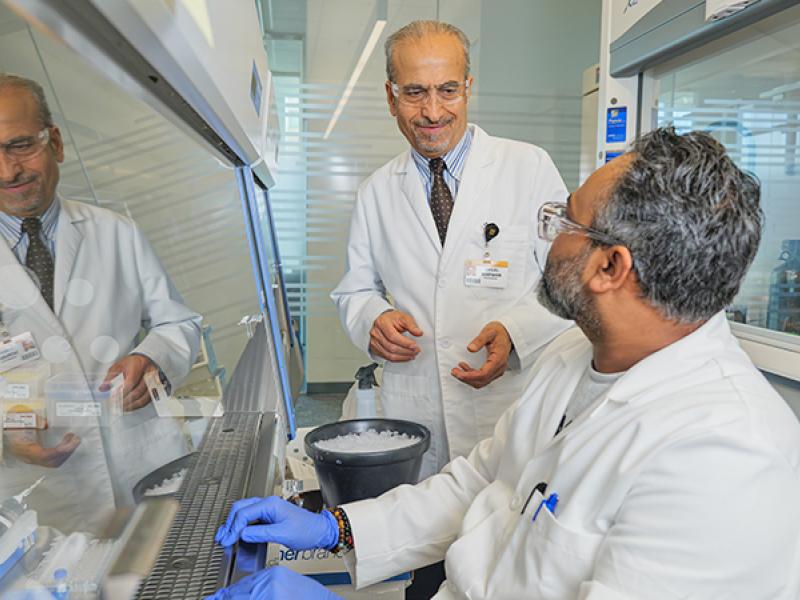The mission of the Biomedical Informatics (BMI) is to connect University of Missouri health care professionals and basic scientists who have a problem to solve with quantitative experts across campus in fields such as computer science, math, statistics and engineering.
Forming these multidisciplinary research teams will allow collaboration throughout a project and contribute to more high-impact publications, grant funding and, most important, solutions that improve care for patients. The glass walls and open floor plan of the BMI space are visual representations of the center’s transparent and welcoming approach.
The BMI is part of MU’s translational precision medicine initiative that emphasizes a collaborative approach to disease treatment and prevention that accounts for the differences in individual patients. It supports multidisciplinary, hypothesis-driven research supporting long-term programs in biomedical science, translational research and precision medicine studies in a spectrum of diseases.
In a typical case, a medical researcher approaches the BMI with a problem. The BMI sets up a forum that includes representatives from the MU departments or colleges that could organize and interpret the data and help the researcher find solutions. In the forums, the group defines the problem, establishes a scientific hypothesis and comes up with ideas on how to approach the objectives.
Such initiatives typically use a multidisciplinary and collaborative research model that has several important elements that might include biomedical and translational hypotheses, innovative method development and novel analysis to produce results that support or refute the hypotheses.





